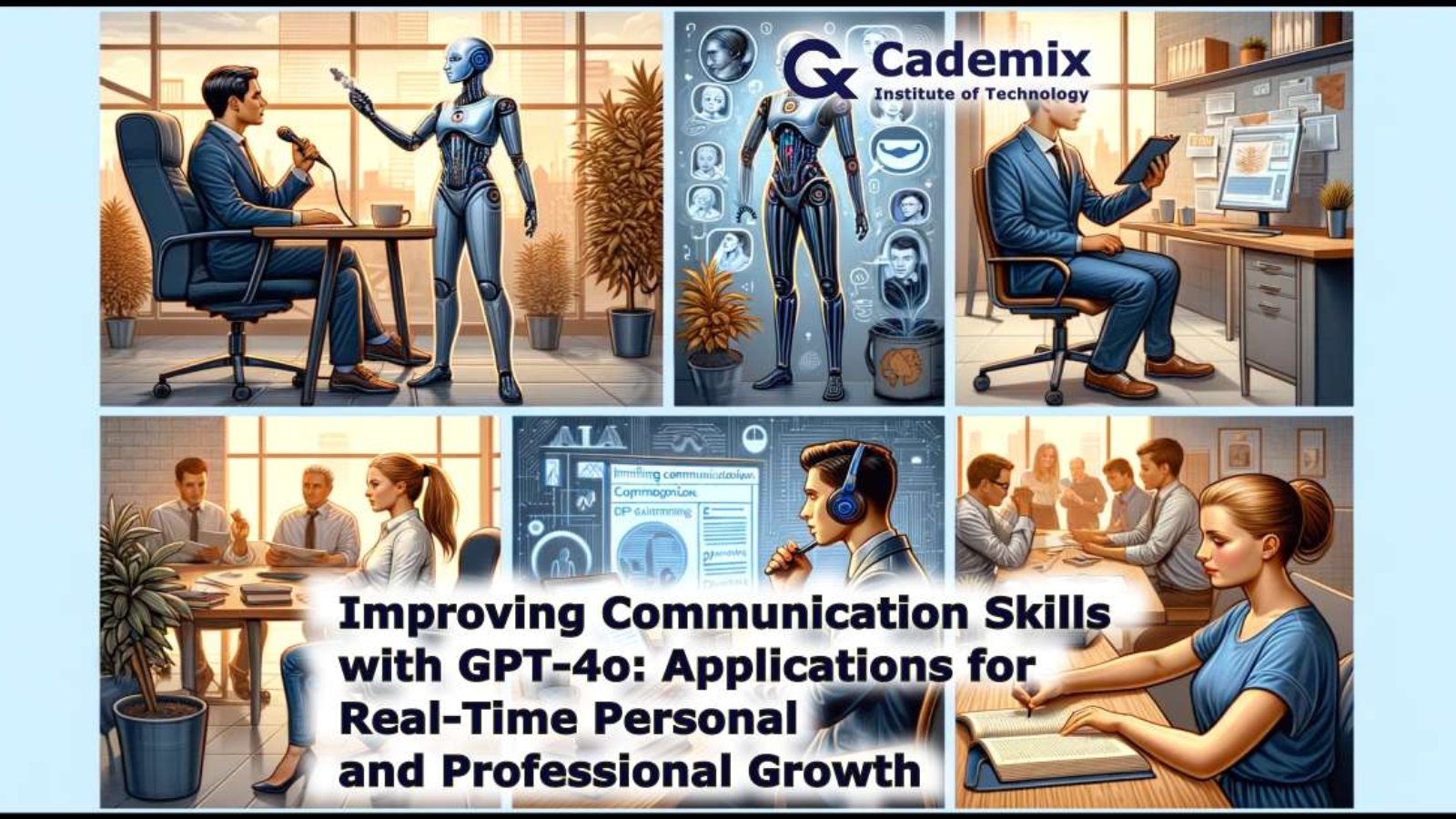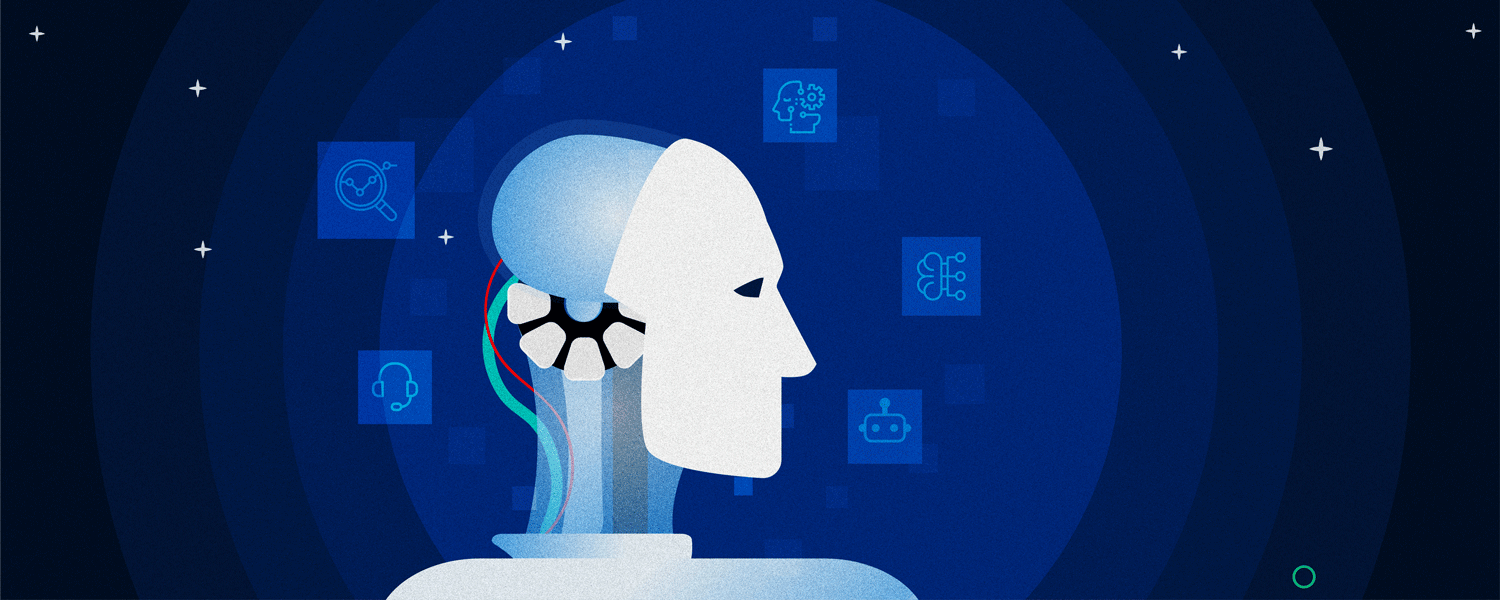ChatGPT is now better than ever at faking human emotion and ...
OpenAI recently introduced GPT-4o (‘o’ for omni), the latest iteration of the AI system that powers the well-known ChatGPT chatbot. This new version, touted as a step towards achieving more natural interactions with AI, showcases impressive advancements in mimicking human emotion and behavior.
The Evolution of Personality
GPT-4o stands out for its focus on personality, a feature that has sparked both excitement and concern within the AI community. Through demonstration videos, it is evident that GPT-4o can engage in voice conversations with users in a manner that simulates human-like personality traits effectively.

With a more streamlined interface, OpenAI's latest ChatGPT version aims to enhance user engagement and enable the development of innovative applications leveraging its text, image, and audio capabilities.
Implications of Emotional Simulation
While GPT-4o represents a significant advancement in AI technology, the emphasis on creating engaging and personable interactions raises important ethical questions. The ability to simulate human emotions and behaviors prompts reflections on how such capabilities align with user interests and broader societal values.

Studies suggest that users tend to trust and cooperate more with chatbots that exhibit social intelligence and personality traits, particularly in fields like education where AI chatbots can enhance learning outcomes and motivation.
The "Her" Effect
The parallels drawn between GPT-4o and the film "Her" underscore the potential complexities that arise from human-AI interactions. As AI systems become more adept at mimicking emotions, concerns regarding user attachment, manipulation, and psychological impact come to the forefront.
While OpenAI prioritizes the safe and responsible deployment of AI tools, the broader implications of integrating highly personable AIs into society remain largely unexplored.
Expanding Capabilities and Access
Besides its enhanced text capabilities, GPT-4o can now seamlessly interact with video content, showcasing a more comprehensive understanding of users' surroundings and expressions. The integration of multimodal capabilities represents a crucial step towards holistic AI models.

Furthermore, GPT-4o's availability to all users in the free version of ChatGPT signifies a significant advancement in democratizing AI technology, providing millions of users worldwide with access to a more sophisticated AI system.
Future Prospects
While enthusiasts may have anticipated the arrival of GPT-5, the unveiling of GPT-4o and Google's latest AI offerings underscores the ongoing evolution of AI capabilities. These developments hint at a future where virtual assistants can perform intricate tasks with heightened interactivity and foresight.




















